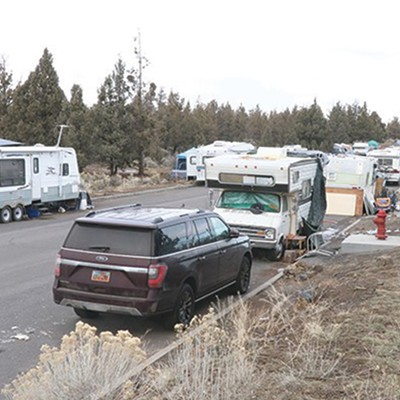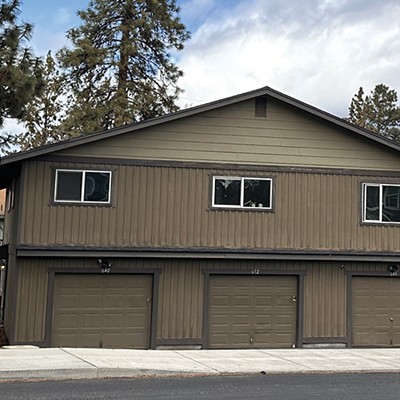Just about one year ago, this editorial page highlighted the efforts underway in Portland to direct some of the money collected through tourism-related taxes to a fund supporting people on the verge of homelessness. It was a novel idea that caught our attention then—and now that the arrangement, as reported by the Portland Tribune last month, is becoming reality, it's catching our attention once again.
In the Portland area, the plan is to move some of the dollars collected through hotel taxes and rental car fees into a fund that, as reported by Willamette Week, "dedicates $2.5 million to 'livability and safety and supportive services for people experiencing homelessness, or at risk of experiencing homelessness."
Before this new plan, that same pot of Portland-area tourism money would have been reserved for tourism-related facilities such as the Arlene Schnitzer Concert Hall or the Veterans Memorial Coliseum. Since the process is dictated by the State of Oregon, we have a similar program in Central Oregon. Cities and counties collect room tax dollars, adding the majority of them to their General Funds, and then allocate another portion to tourism promotion or tourism-related facilities. It's with those promotion/facilities dollars that Portland is getting innovative—and it's an innovation that leaders in Central Oregon should pay attention to.
Portland, like Bend, has a housing affordability problem that results in increased homelessness and cost-burdened residents. These are issues that are a concern in and of themselves—but it also has a business consequence in terms of staffing. Business owners, especially during the high tourism season, continue to struggle to find staff as housing and costs of living rise.
In the Portland area, leaders determined that homelessness is having an impact on the economy and the experience of tourists—so they're opting to use the economic engine of tourism itself to combat the problem. In Central Oregon, local governments could similarly determine that the housing affordability problem is having an impact on the economy—and they could opt to use the economic engine of tourism to combat it.
What's more, short-term rental apps such as Airbnb have encouraged more people to rent out their homes on a short-term basis instead of renting them to long-term renters—thereby reducing the stock of affordable rooms and houses by thousands. Room taxes are collected from those short-term rentals—so it would make sense to add those room tax dollars to tangibly combat the problem of a reduced housing stock.
Increasingly, destination marketing organizations are working as destination managers—and they could take a broader view of what managing those destinations means. An example: Transient room tax funds could support an affordable housing project for service-industry workers whose labor drives the tourism econom. This would be money well spent. Sunriver has already recognized this conundrum and is currently considering building housing for its workers. This is further confirmation that the private sector recognizes the dilemma in our region.
Using more of our tourism-related dollars to support low-income housing or housing for tourism workers is not only the right thing to do; it is good business and it would be a measure that can help support a robust local economy.




![Tourism in the Time of COVID: Kevney Dugan, CEO of Visit Bend 🎧 [with podcast]](https://media2.bendsource.com/bend/imager/tourism-in-the-time-of-covid-kevney-dugan-ceo-of-visit-bend-with-podcast/u/r-bigsquare/12908687/bend-don_t-break-promo-slider.jpg?cb=1680199454)




















